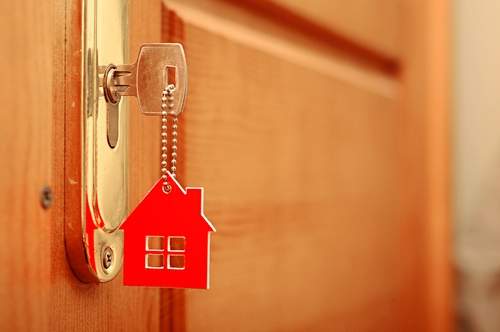
Banks are being forced to venture into the weakest markets as cash buyers from abroad force them out of the London mortgage market.
The number of mortgages with deposits of 15% or less rose by almost 50% last year. Low deposits were concentrated in the north of England, with 20% of borrowers putting down a low deposit. In London, where house prices are rising fastest, only 4% of deposits were similarly low.

Access deeper industry intelligence
Experience unmatched clarity with a single platform that combines unique data, AI, and human expertise.
Ismail Erturk, a senior lecturer on banking at Manchester Business School, said: "The UK banks are already sitting on mortgage lending that exposes them to great interest rate risk and default risk."
"Current government policies of Help-to-Buy, as well as quantitative easing by the Bank of England, make things worse because they both encourage banks to lend to an overvalued market."
According to data from broker Savills, 35% of houses bought in the UK this year were purchased with cash and the figure could be as high as 60% in London. Demand is being driven by foreign buyers.
Richard Sexton, a director at e.surv, a unit of LSL Property Services, said: "The London market is like a different country almost. That’s a lot of foreign cash coming in."

US Tariffs are shifting - will you react or anticipate?
Don’t let policy changes catch you off guard. Stay proactive with real-time data and expert analysis.
By GlobalDataThe government’s critics have said its Help-to-Buy scheme, part of the Funding for Lending scheme being rolled out this year, risks forcing house prices up as buyers are allowed to pay deposits of as low as 5% of the total cost of a new-build house valued at up to £600k (£963k). Critics of the scheme warn that the measures will increase defaults on mortgages.
The Treasury defended the scheme. It said in a statement: "There will be tough checks to make sure buyers can afford their mortgage payments and the borrower’s income will be verified."
Related articles:
Clydesdale and Yorkshire Bank fined £9m by regulator
HSBC pledges to offer lowest mortgages
Santander to explain mortgage cap to customers







